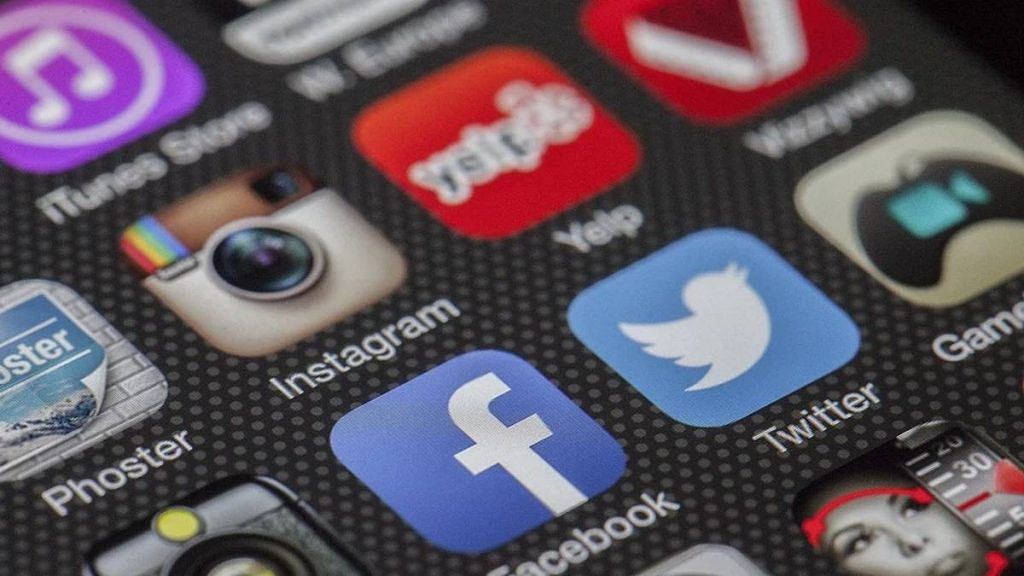New Delhi: There has been a sharp rise in hate speech directed toward the Hindu community across various social media platforms, claims a report uploaded Tuesday by researchers at the Network Contagion Research Institute (NCRI), Rutgers University, New Jersey.
Among the social media posts analysed by the authors were one million tweets, purportedly from Iranian trolls, disseminating anti-Hindu stereotypes to “fuel division as part of an influence campaign to accuse Hindus of perpetrating a genocide against minorities in India”.
The authors, who compiled data from across various social media platforms between January 2019 and June 2022, write that over the years, there has been a surge in “derogatory posts” against Hindus on social media platforms such as 4chan, Telegram and Gab, in the form of anti-Hindu memes, hashtags and slogans.
The signal on “Hinduphobic” code words and memes reached record highs in June, which could trigger a spillover to the real world, especially in light of escalating religious tensions and violence in India, claims the report
One of the examples of violence used by the authors is the brutal murder of a tailor in Udaipur, Rajasthan, last month.
The report is important as it exposes growing online hatred, which has real-world consequences, write the authors.
From instances of ISIS-K targeting gurdwaras and temples in Afghanistan in January 2022, to instances of Hindus attacked in New Jersey in 1987, the report says, there’s nothing new about the “bigotry and violence faced by the Hindu population”.
However what has changed, according to the researchers, is the presence of various social media tropes that now have a new playbook to fuel this hatred in the virtual world as well.
The report goes on to compare Hinduphobia to Antisemitism and says, “Indeed, as this report outlines, in a manner similar to Antisemitism, today’s Hinduphobia exploits tropes that are centuries old to reignite hatred”.
Also read: American radio producer puts up ‘Hinduphobic’ tweet, and Hindus aren’t amused
Using online Hinduphobia for political purposes
Compiling data from platforms such as TikTok, Twitter, Telegram, 4Chan and Gab, the researchers looked at top hashtags associated with ethnic slurs and anti-Hindu terminology from the open-source intelligence collection.
For other social media platforms, open-source python scraping libraries and an application programming interface (API) were used to extract and gather data. While python scraping is the process of collecting and analysing raw data from the internet, API is a way for two or more computer programs to communicate with each other.
The researchers compiled a range of material they found in their data collection, from ethnically targeted slurs such as pajeet (racial slur for a South Asian person), to memes proposing the same fate for Hindus as for George Floyd — an African-American whose killing by a police officer in 2020 sparked massive protests in the US and globally — to “anti-Hindu genocidal memes” and memes mocking the 26/11 Mumbai blasts.
“We also show that the percolation of Hinduphobia into general online discourse is used by a variety of both established and emergent actors for political purposes. In particular, we show that state actors within Iran often weaponise this discourse to ignite conflict between India and Pakistan. The weaponisation of Hinduphobia for facially political aims in the real world poses a tangible threat to ratchet anti-Hindu violence,” write the researchers.
The authors claim that by training people to identify these threats via open source, the NCRI is “empowering” the next generation with the tools to abate the threat.
(Edited by Poulomi Banerjee)
Also read: You are ‘covering for anti-Muslim’ Delhi riots — Tulsi Gabbard slammed for Hinduphobia tweet
